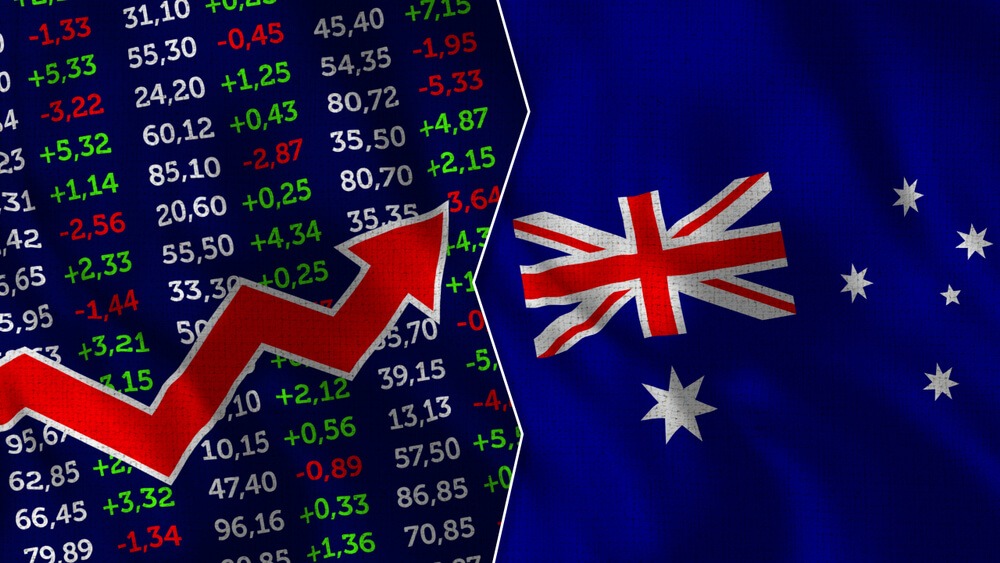On Friday, June 4, Australia stocks spiked while Asia Pacific stocks mostly subsided, ending the week on a downward trend.
Gains in the sectors of Utilities, Healthcare, and Financials led to shares higher on the former.
At the close in Sydney, the S&P/ASX 200 index soared by 0.49% hitting a new all-time high.
The benchmark’s best performers in the latest session were ARB Corporation Ltd, which advanced 2.65 points or 6.26% at 45.00.
This was followed by Origin Energy Ltd which progressed 0.240 points or 5.36 % at 4.720, and Bendigo And Adelaide Bank Ltd who added 0.53 points or 5.12% at 10.89 in late trade.
Meanwhile, the session’s worst performers were Silver Lake Resources Ltd, which plummeted 0.155 points or 8.22% at 1.730.
This was followed by Ramelius Resources Ltd which subsided 0.150 points or 7.69% ending at 1.800.
In addition, Appen Ltd also sank 0.82 points or 6.28% at 12.24.
On the Sydney Stock Exchange, falling stocks outnumbered those who were progressing by 726 to 639, and 392 ended unchanged.
Lastly, the S&P/ASX 200 VIX, which is measuring the implied volatility of S&P/ASX 200 options jumped 12.73% to 13.432.
Elsewhere in the Asia-Pacific Region, South Korea’s KOSPI fluctuated 0.41%.
This was followed by its neighbor Japan where its Nikkei 225 tumbled 0.51%.
On the same boat, China’s Shanghai Composite and Shenzhen Component both drowned by 0.27% and 0.31%, respectively.
On the other hand, Hong Kong’s Hang Seng Index is the only one to rise by 0.12%.
China Banned Australian Imports
In the past months, tensions between China and Australia arose as the latter supported a call for worldwide scrutiny of the former’s fast handling of COVID-19.
As revenge, the giant Asian country slapped on Australian exports which posed a concern for many.
However, Australia easily got away with it by finding new markets to export its products.
Since then, Beijing took several steps to restrict Australian imports which range from charging tariffs to imposing other bans and restrictions.
This affected the Aussie’s goods such as barley, wine, beef, cotton, and coal.
Collectively, the affected exports cost an estimated $25 billion in 2019, or 1.3% of the country’s gross domestic product.
Overall, the damaged products remain steady mostly throughout the year 2020 with $9 billion.
The same goods recuperate with new export markets in other countries.
Due to this, the trade spiked by about $4.2 billion in annual terms for those products.
This reclaimed most of Australia’s losses from China.















